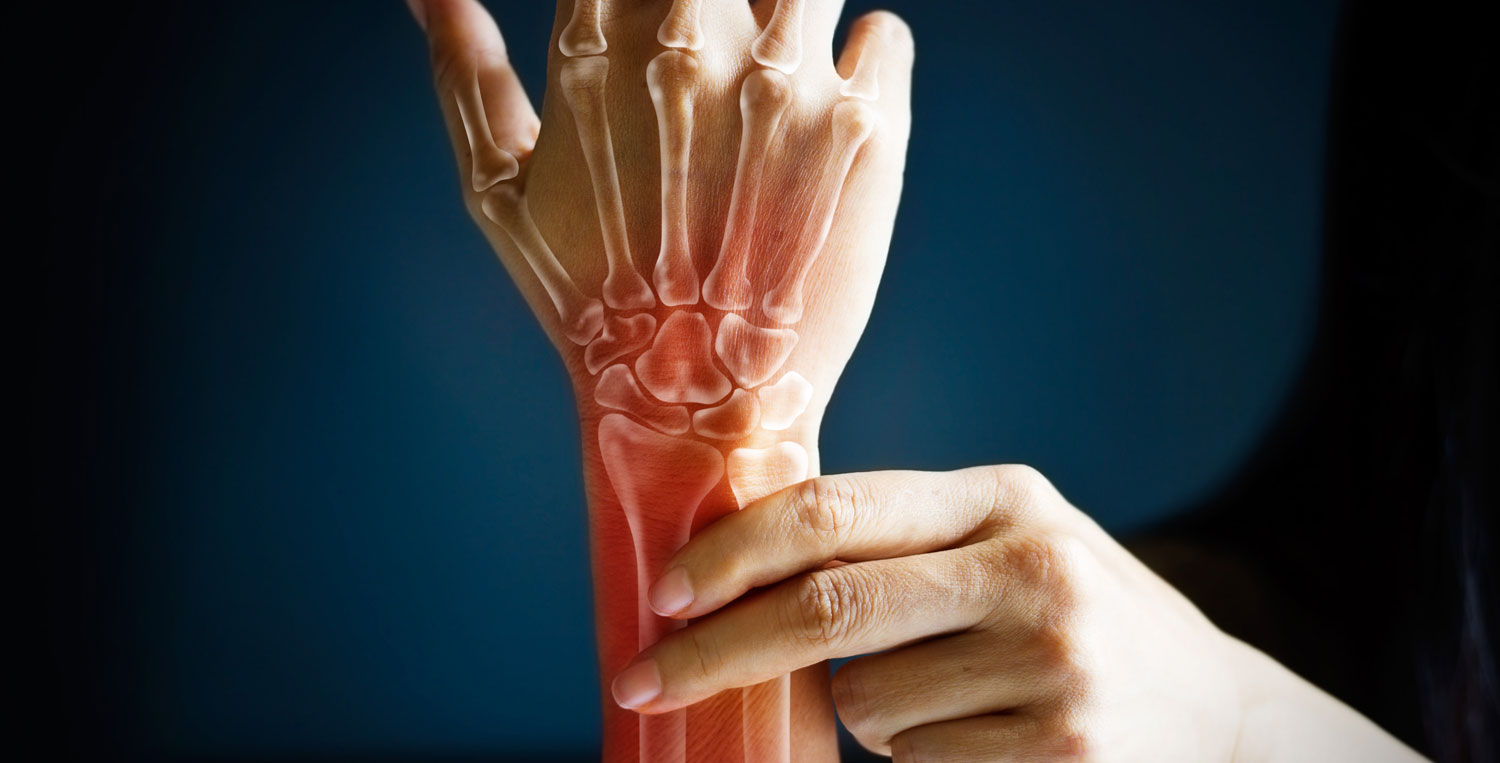[vc_row row_type=”row” use_row_as_full_screen_section=”no” type=”full_width” text_align=”left” css_animation=”” box_shadow_on_row=”no”][vc_column][vc_column_text]Last weekend, I had the pleasure of speaking on “Healthy Bones for Life” for the Healthy Women’s Expo at the David L. Lawrence Convention Center in Pittsburgh. In preparing for my talk, I did some further research on a topic that I have been speaking about for several years. As my blog for this week, I am pleased to share this fascinating and useful information with you to help you protect the health of your bones and those of your loved ones.
Well, we have all been told that you need milk for your bones. It makes sense that doctor’s have recommended this for many years because our bones are made up of minerals such as calcium, and milk is high in calcium. Being a holistic health practitioner, I find it interesting that doctor’s will NOT recommend specific nutrients for specific health concerns unless the theory is put through rigorous scientific controlled studies. For many years, however, they openly have recommended milk for bone health with no studies to back up the claim.
New studies are now pointing out that milk has no benefit on bone health. Actually, there are aspects of milk and other dairy foods that can be harmful to the health of your bones. Well, according to Harvard studies, the recommendation to consume dairy products ignores the fact that there is a lack of evidence for a link between consumption of dairy products and the prevention of osteoporosis. One Harvard study of postmenopausal women actually showed that dairy sources provided no protection from hip fractures. What was found was that post menopausal women in America who consume dairy products have over 3 times more osteoporosis than those who do not. And, women who drink two or more glasses of milk per day have a higher risk of fractures than those who drink less than one glass per week. Yogurt, cheese and other dairy products increase the risk of fractures too.
Furthermore, it has been confirmed that the countries that consume the most dairy foods have the highest rates of heart disease and osteoporosis. And, the countries that consume virtually no dairy foods, such as Japan, have the lowest levels of osteoporosis, heart disease and even cancer. Also, Asian women in the US eat 60% more dairy than Asian women in Asia and have 9 times more osteoporosis. Local studies have proven the same. . Researchers at Penn State University found that girls in their peak bone building years getting extra calcium made no difference at all in bone growth. Exercise worked much better at stimulating bone growth.
Yes, don’t be upset, I was surprised too when I first discovered this information years ago. It took me days to recover from the shock. Stick with me on reading this article and the one for next week and you will learn why this is so and what foods and lifestyle choices ARE far better for your bones.
First, it is great to know that bones are living tissues that are constantly regenerating themselves. This means that you can improve the health of your bones at any point in your life. Bones cells are continuously dying off so that new cells can replace them. About 5 10% of your bone tissue is replaced and regenerated each year. Knowing this, you want to do everything you can to insure that the process of this regeneration takes place and the health of the new cells is the best possible.
Bones are made up of 65% mineralized collagen that gives bones their solid infrastructure and 35% collagen matrix that is made up of nutrients and minerals that give flexibility to the bones so they can resist breaking. When bones are not bearing weight, bone cell production diminishes and the net result is bone density loss. As mentioned above, it is a known fact that weight bearing exercises prevent bone loss.
The truth is that bones become weak when there is too much accumulation of acid waste in the body.
Our bodies work hard to balance the PH of our blood between acid and alkaline. The blood in the human body is designed to be slightly alkaline at a ph between 7.35 and 7.45. Some of the foods that we eat cause the blood to be highly acidic (this is acid residue that foods leave, not the acidity of foods such as citrus). When the blood PH within our body is out of balance, (meaning too acidic), the body will do everything in its power to maintain this range. How does it maintain the blood PH within range? It draws minerals from your bones, such as calcium, to help alkalize your blood!!!!
Osteoporosis is more an issue of calcium loss than it is an issue of calcium absorption.
What is the solution to this? Join me next week as I outline which foods are best for insuring that you have healthy bones for life.[/vc_column_text][/vc_column][/vc_row]

